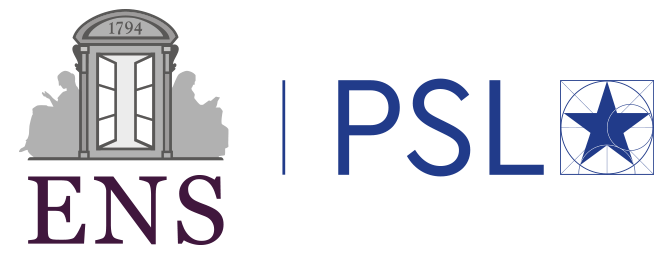Domaines
Low dimension physics
Quantum gases
Type of internship
Expérimental Description
Recently, we work with an innovative method to control interparticle interaction. More precisely the method is based on a condensate in a dressed state composed of two spin states that are coherently coupled through a radio-frequency. It not only permits the control of the two-body interaction but also introduces three-body interactions (PRL 128, 083401 (2022)). Three-body interactions can be made to play a dominant role in the condensate dynamics. We have for example observed the collapse of the Bose-Einstein condensate induced by these interactions.
In the context of a M2 internship, we propose to develop another tool in our setup: a Raman laser system (at 532 nm). It will permit coupling of the two spin states through a two-photon optical transition. This has the advantage to allow to work at large magnetic field where the two spin states of interest are not coupled by a radio-frequency and where the transition is less magnetic field sensitive. Second, lasers can be spatially patterned and the coupling can be made position dependent, allowing a position dependent interaction. Finally, this opens the possibility of momentum dependent coupling if the two Raman beams are not copropagating. This leads to velocity dependent interaction and to possible formation of a supersolid phase. The internship could continue with a PhD on interaction control using Raman coupled two-component condensates.
Contact
Thomas Bourdel
